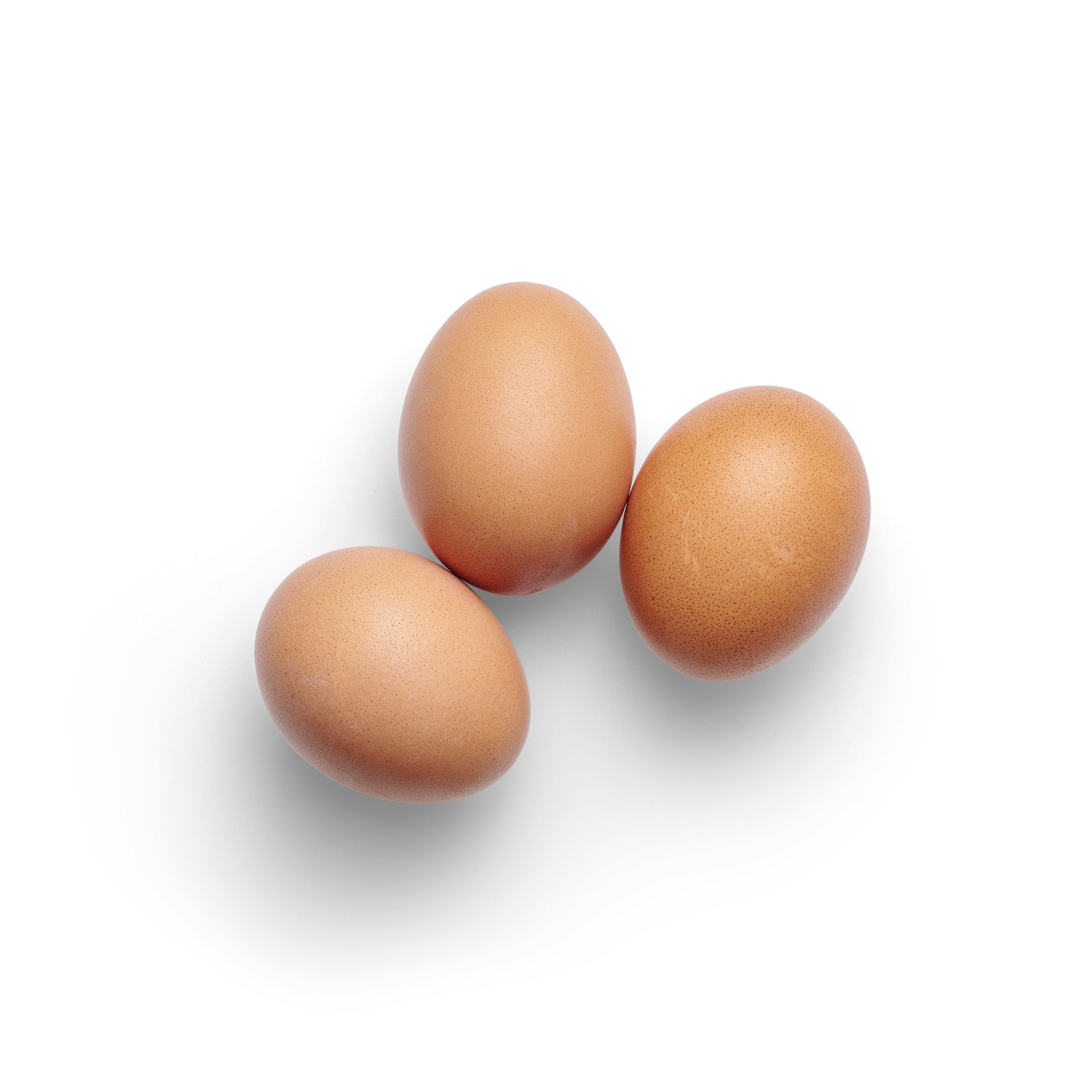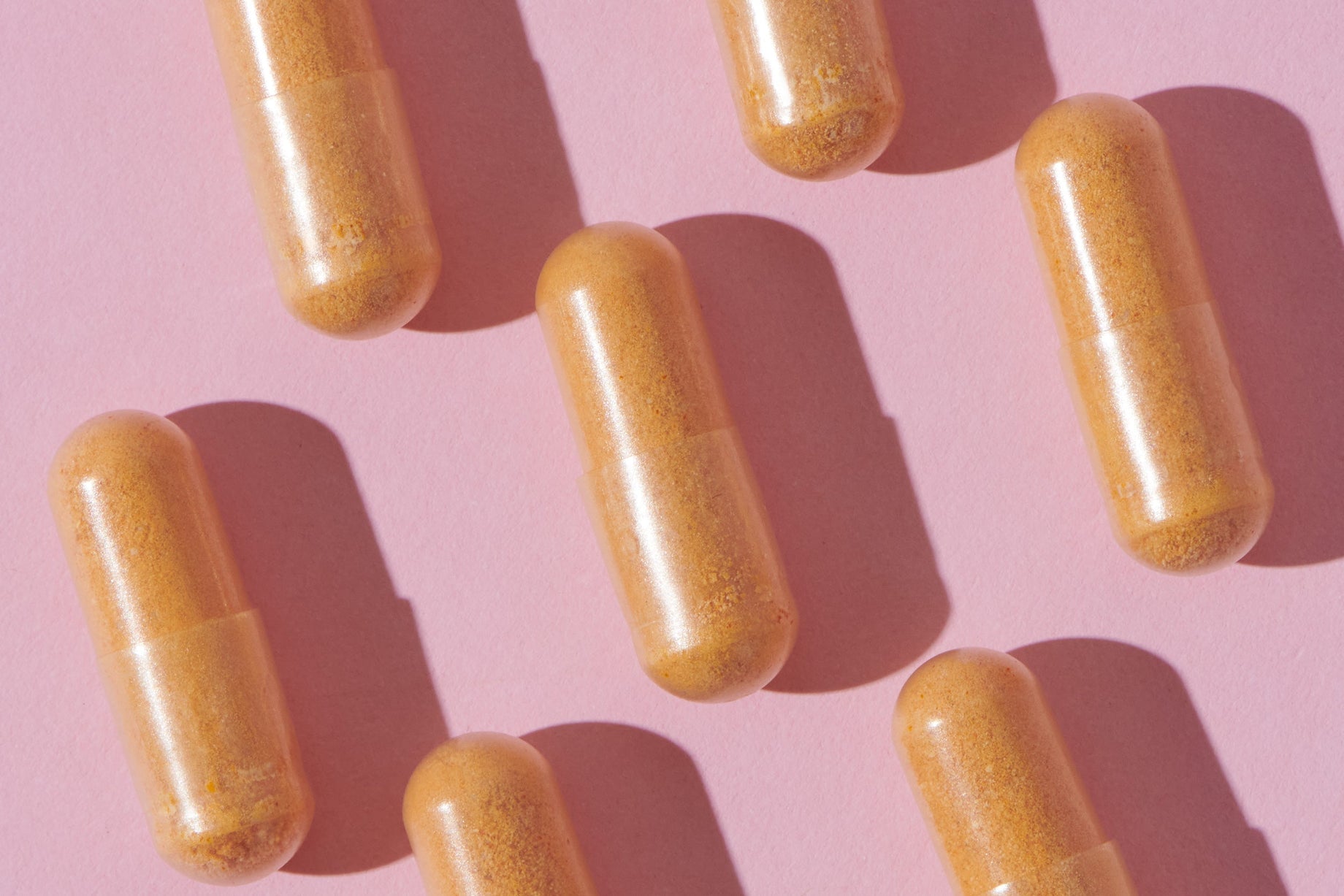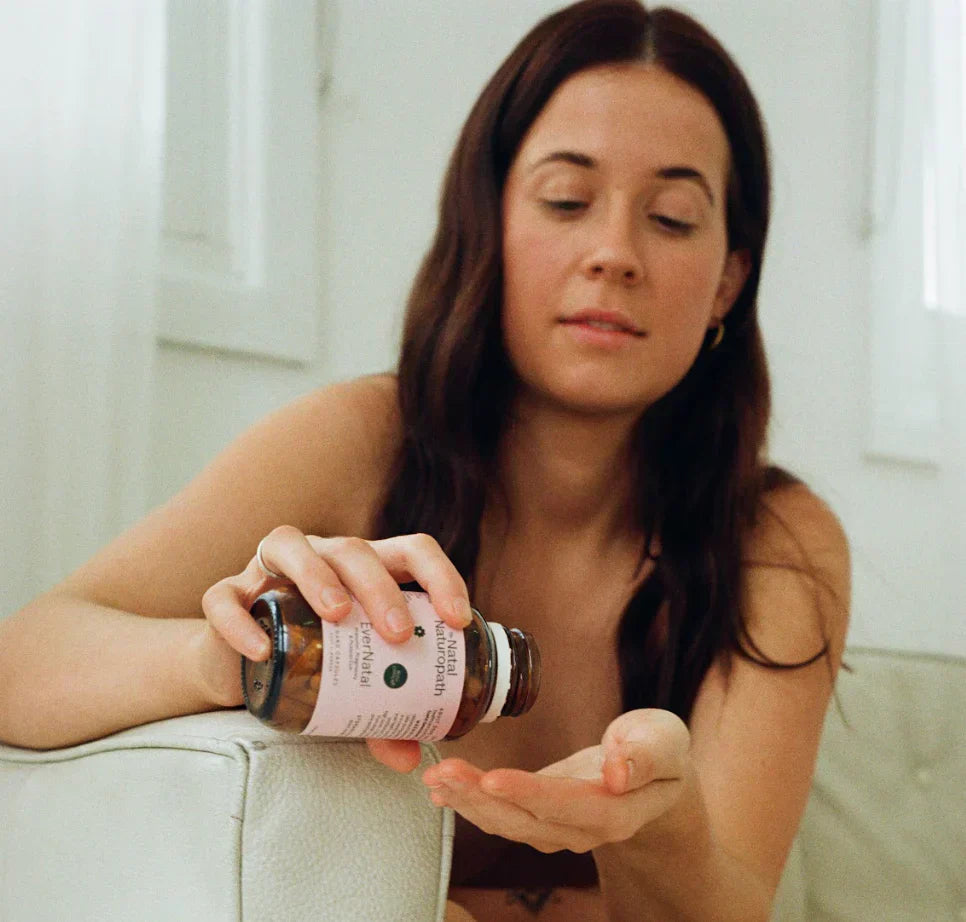Jump to:
Have you ever wondered if the time of year could influence your chances of getting pregnant? Emerging research suggests that seasonal changes and fertility may be more connected than we think. From light exposure and hormones to vitamin D and fertility, the environment around us can influence reproductive health in subtle yet meaningful ways.
In a country like Australia, where seasonal shifts can be extreme, it’s worth exploring how daylight hours, temperatures, and even our sleep-wake cycles could affect your journey to conception.
How Seasonal Changes Impact Fertility Hormones
Studies have shown that longer daylight exposure during the spring and summer months can stimulate the release of reproductive hormones like luteinizing hormone (LH) and follicle-stimulating hormone (FSH). These hormones play a crucial role in ovulation and egg maturation.
✿ Light exposure and hormones – More sunlight helps regulate melatonin and reproductive cycles, supporting a healthy menstrual rhythm and boosting fertility.
✿ Fertility and circadian rhythm – Circadian rhythms, which govern our sleep-wake cycle, are sensitive to seasonal changes. Disruption of these rhythms can throw off hormonal balance and ovulation timing.
Is There a Best Time of Year to Conceive?
Globally, conception rates tend to spike during certain seasons. In Australia, late spring and early summer may offer an optimal fertility window. Why?
✿ Best time of year to conceive – With more daylight and outdoor activity, the body may naturally produce higher levels of vitamin D, an essential nutrient for hormonal function, egg quality, and implantation.
✿ Mood and libido – Warmer temperatures and longer days can boost mood and energy, often increasing intimacy and improving emotional connection during the conception journey.
The Role of Vitamin D in Fertility
Often called the "sunshine vitamin," vitamin D and fertility are strongly linked. Vitamin D supports:
✿ Regular menstrual cycles
✿ Healthy levels of estrogen and progesterone
✿ Endometrial receptivity (the ability of the uterus to accept a fertilized egg)
Low levels of vitamin D have been associated with increased time to pregnancy and may negatively impact IVF success rates.
Final Thoughts
If you're trying to conceive, being mindful of the season could provide an added edge. Natural light, adequate vitamin D, and alignment with your body's circadian rhythm can help promote hormonal balance and reproductive health.
While you can get pregnant at any time of year, understanding how seasonal changes and fertility interact can empower you to make small lifestyle adjustments that support your goals.
To further support your fertility journey, we recommend:
✿ EverNatal: A comprehensive natal supplement designed for preconception, pregnancy, and postpartum with bioavailable methyl-folate, high-dose choline, and essential nutrients to promote hormonal balance and foetal development.
✿ Sol Drops: A vegan vitamin D3 supplement that helps maintain optimal vitamin D levels—key for fertility, energy, mood, and hormone regulation.
These premium supplements are specially formulated to support your body during every stage of the fertility journey.
[Credits]
Tournaye, H., et al. (2020)
Seasonal variation in natural conception: A review – Human Reproduction Update, Oxford University Press
🔗 https://academic.oup.com/humupd/article/26/5/575/5876163
Holick, M. F. (2007)
Vitamin D deficiency – New England Journal of Medicine
🔗 https://www.nejm.org/doi/full/10.1056/NEJMra070553
ReproductiveFacts.org (2023)
How light and sleep patterns influence female hormones – American Society for Reproductive Medicine
🔗 https://www.reproductivefacts.org/news-and-publications/patient-fact-sheets-and-booklets/fact-sheets-and-info-booklets/how-lifestyle-impacts-female-fertility/







